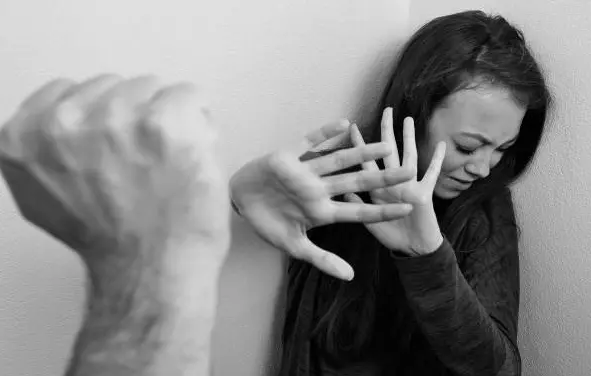Foster care is meant to be a place of safety—a temporary home where children can find support during an uncertain time in their lives. But tragically, not every foster home lives up to that promise. When abuse happens within the very system that was designed to protect, the impact is devastating—not just emotionally, but legally and socially as well.
In many reported cases across the country, children placed in foster care have suffered sexual abuse at the hands of foster parents, guardians, or even other children in the household. These aren’t isolated stories—they’re part of a systemic issue that demands accountability. Survivors often carry the trauma for years, uncertain about their rights or where to turn for help.
For those who are ready to seek justice, one powerful step is to file a foster care abuse lawsuit. Legal action isn’t just about compensation—it’s about holding people and institutions accountable and preventing future harm to vulnerable children.
It’s never easy to come forward. But understanding your legal options, knowing what to expect, and connecting with the right resources can help you move forward with strength and clarity.
Understanding the Scope of the Problem
Sexual abuse in the foster care system often goes unreported for years—if ever. Victims may be too young to speak up, afraid of retaliation, or silenced by the very adults who are supposed to protect them. In some cases, state agencies fail to properly investigate claims or ignore red flags during foster parent evaluations.
The system can feel stacked against survivors. But it’s important to know that legal action can expose negligence, uncover patterns of abuse, and trigger broader changes in policy and oversight. You’re not just standing up for yourself—you’re potentially protecting others from future harm.
Who Can Be Held Accountable?
When it comes to legal action, there isn’t just one party that may be responsible. Depending on the circumstances, any of the following may be named in a lawsuit:
- The foster parent or individual accused of abuse
- Foster care agencies or placement organizations
- State or local child welfare departments
- Supervisors or caseworkers who failed to act on known complaints
These parties may be held accountable for negligent hiring, lack of oversight, or failure to investigate abuse claims. A qualified attorney can help determine who is legally liable and how to build the strongest possible case.
What Evidence Can Help Your Case?
Even if the abuse happened years ago, survivors may still be able to take legal action—especially in cases where extended statutes of limitations apply. Evidence can include:
- Medical or psychological records
- Witness testimony
- Previous complaints about the abuser
- Documentation from child welfare services
Even partial or circumstantial evidence can support a claim when presented effectively by an experienced attorney.
Taking the First Step
The idea of reliving your trauma through legal proceedings can be intimidating. But the process is designed to support you—not re-victimize you. Many firms offer confidential consultations, trauma-informed legal teams, and support resources to help you feel safe and empowered throughout the journey.
Filing a lawsuit sends a clear message: that abuse within the foster system will not be ignored, excused, or hidden. It’s about justice—for you, and for every child who deserves better.
Also Read-Ztec100.com Tech Health And Insurance


